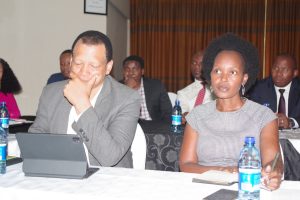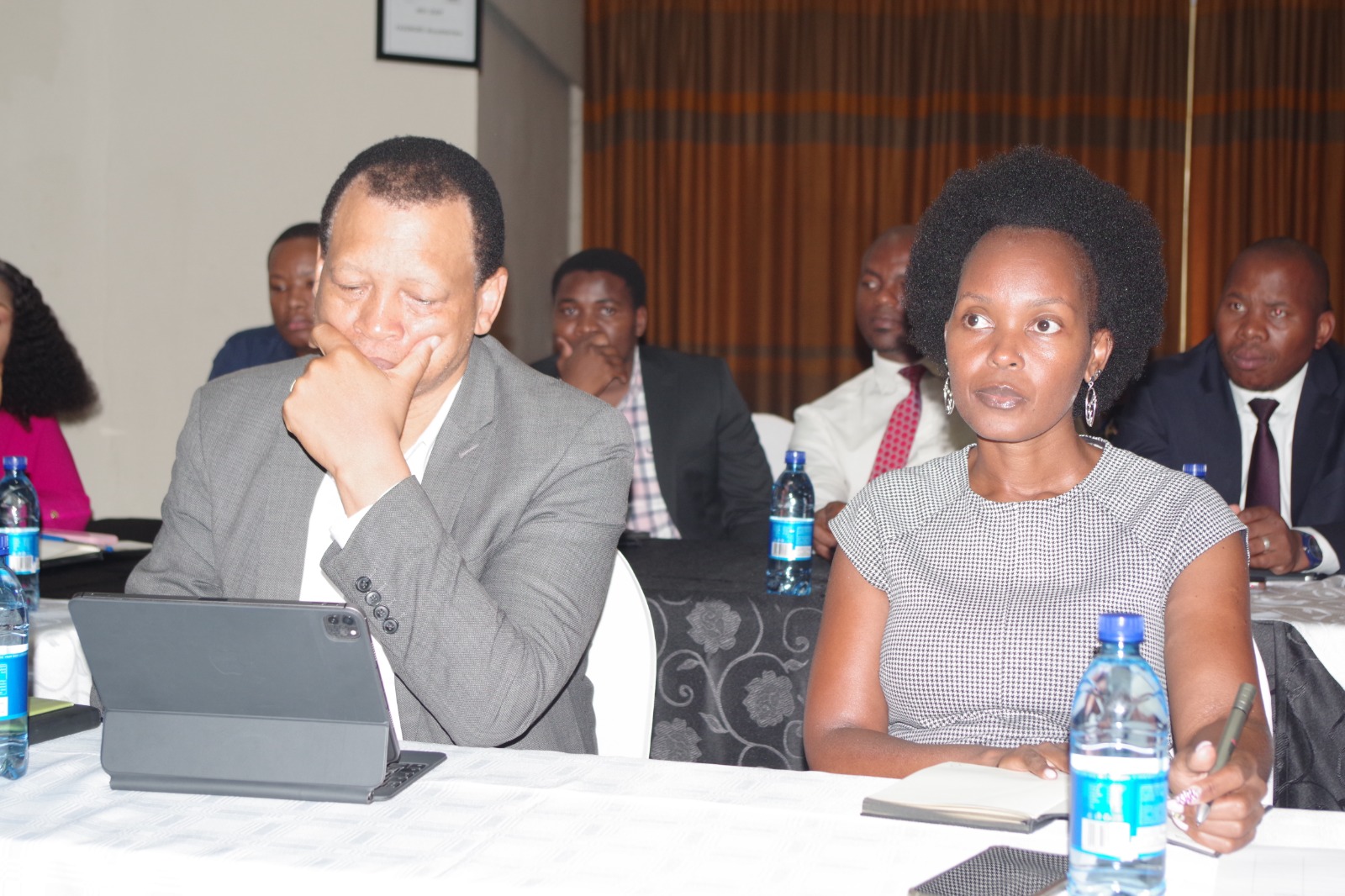Concerns have been raised by consumer rights organisations regarding the affordability of electricity, particularly for low-income households.
Stakeholders have often called for a more phased approach to tariff adjustments to mitigate financial strain on businesses and domestic users alike.
Consumer Forum Chairperson Mandla Ntshakala expressed serious concerns over the approved electricity tariff hike, highlighting its potential negative impact on consumers.
He said the ripple effect will extend to consumers because businesses will pass on the added cost by increasing the prices of goods and services to offset their higher electricity expenses.
RELATED: Ubombo to increase Eswatini’s electricity production
This means consumers will indirectly pay more, not only through their own electricity bills but also through increased costs for everyday essentials such as food, transport, and household goods.
“As consumers, we are deeply concerned that ESERA approved this hike after conducting countrywide consultations and receiving input from affected stakeholders,” Ntshakala said.
“We simply cannot afford such a steep increase at this moment, given the current economic challenges, high unemployment rates, and stagnant incomes.
Surprisingly, the regulator took such a drastic step despite these hardships.”
He further stated that while the expansion of electricity access across the country is commendable, affordability remains a major concern.

“If tariffs continue rising in this manner, we worry about how we will survive. For many people, about 25 per cent of their salaries will now go towards electricity expenses, and that does not even account for the additional costs businesses will pass on to consumers.,” he said.
Ntshakala also pointed out that the recurring pattern of annual electricity tariff increases is troubling.
“Every year-end, EEC publishes its profits, which raises serious questions about whether it operates as a government parastatal or a private entity.
RELATED: ESERA approves 14.1% electricity hike
If the company continues making substantial profits while consumers struggle, we believe ESERA should scrutinize EEC’s profit structure to determine if there is room to adjust tariffs more fairly.
Transparency is crucial so that consumers do not feel exploited,” he said.
He concluded by calling on ESERA to reconsider its decision and explore mechanisms to cushion consumers against excessive financial strain.
“If this trend continues, many ordinary emaSwati will struggle to afford electricity, which will ultimately lead to a decline in accessibility and economic hardship.


